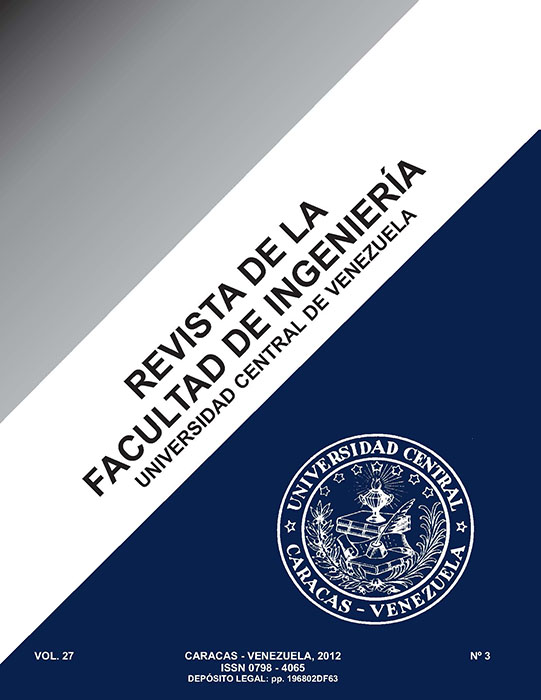LA PREDICCIÓN LINGÜÍSTICA EN TEXTOS DE INGENIERÍA ESCRITOS EN INGLÉS / Liguistic Prediction in Engineering Texts Written in English
Palabras clave:
Predicción lingüística, Lectura, Textos de ingeniería, Educación universitaria, Inglés con fines académicosResumen
La predicción lingüística ofrece un enriquecedor punto de vista para aproximarse a textos escritos en inglés para losestudiantes, profesores y técnicos de la Facultad de Ingeniería de la Universidad Central de Venezuela. En este trabajo, sepropone un análisis de una muestra de artículos de investigación basados en el modelo de predicción lingüística propuestopor Angela Tadros. Desde un punto de vista interpersonal, este modelo permite estudiar los dispositivos lingüísticosusados por los escritores para mostrar a los lectores los actos discursivos que se realizan. Las diferentes categorías dela predicción lingüística incluyen: Enumeración, Clasificación adelantada, Reporte, Recapitulación, Hipoteticalidad yPregunta. Desde una perspectiva metodológica, este estudio combina las categorías con lineamientos procedimentales enel análisis interactivo del texto escrito. Se lleva a cabo una investigación descriptiva en la cual se analizan veinte artículosde la revista JTP Online de la Society of Petroleum Engineers. Considerando los resultados, la Predicción Lingüística porsí misma no parece ser suficiente para cubrir todos los aspectos de un texto, pero permite identificar patrones recurrentesque pueden guiar a los participantes del proceso enseñanza aprendizaje de la lectura de textos de ingeniería escritos eninglés. Se sugiere que el modelo se combine o complemente con otros modelos interaccionales. Esta investigación puedeaplicarse a la enseñanza aprendizaje de idiomas en la Facultad de Ingeniería y en otros estudios universitarios.
ABSTRACT
Linguistic prediction offers an enriching point of view to approach the texts written in English used by the students,professors and technicians of the Faculty of Engineering at the Universidad Central de Venezuela. In this work we aimat analyzing a sample of research articles in the Engineering field based on the model proposed by Angela Tadros. Froman interpersonal point of view, this model allows studying the linguistic devices that writers use to show readers thelinguistic acts being performed. The different categories include: Enumeration, Advance Labeling, Report, Recapitulation,Hipothecality and Question. From a methodological perspective this study combines the Linguistic Prediction Categorieswith the procedural guidelines in the interactional analysis of the written text. A descriptive research is carried out in whicha sample of twenty articles from the journal JTP Online of the Society of Petroleum Engineers is analyzed. Regardingthe results, Linguistic Prediction on its own does not seem to be sufficient to cover all aspects of the text, but it allowsidentifying recurring patterns that may guide the participants in the teaching-learning process of reading engineering textswritten in English. It is suggested that the Linguistic Prediction be combined or complemented with other interactionalmodels. This research may be applied to the learning-teaching of languages in the Faculty of Engineering and in otheruniversity studies.Keywords: Linguistic prediction, Reading, Engineering texts, University studies, English for academic purposes.



